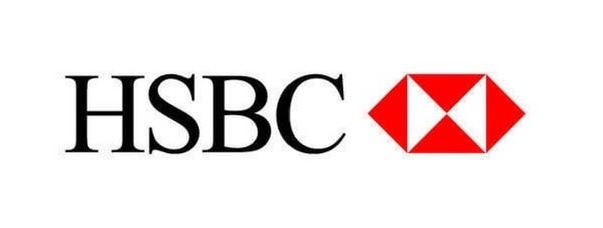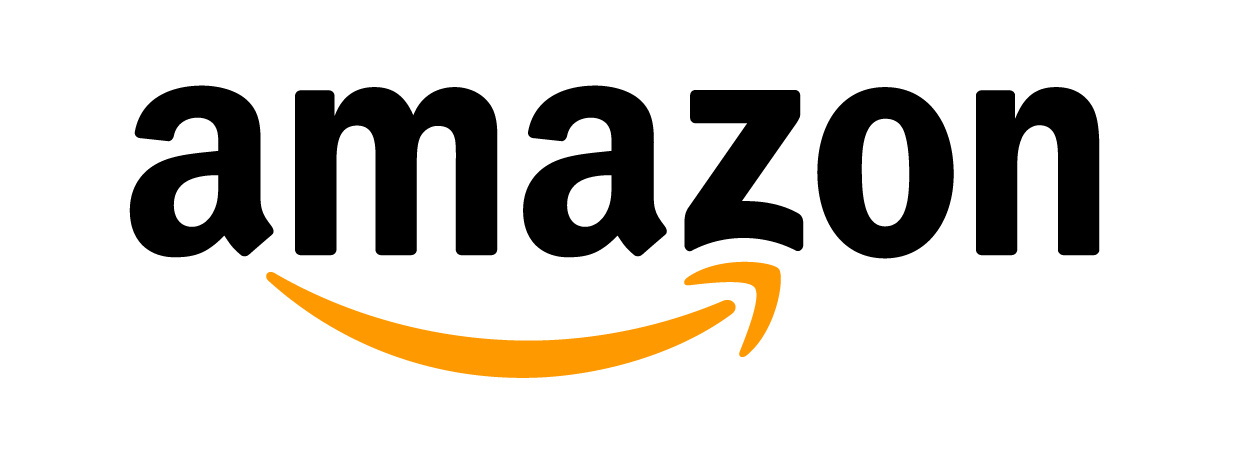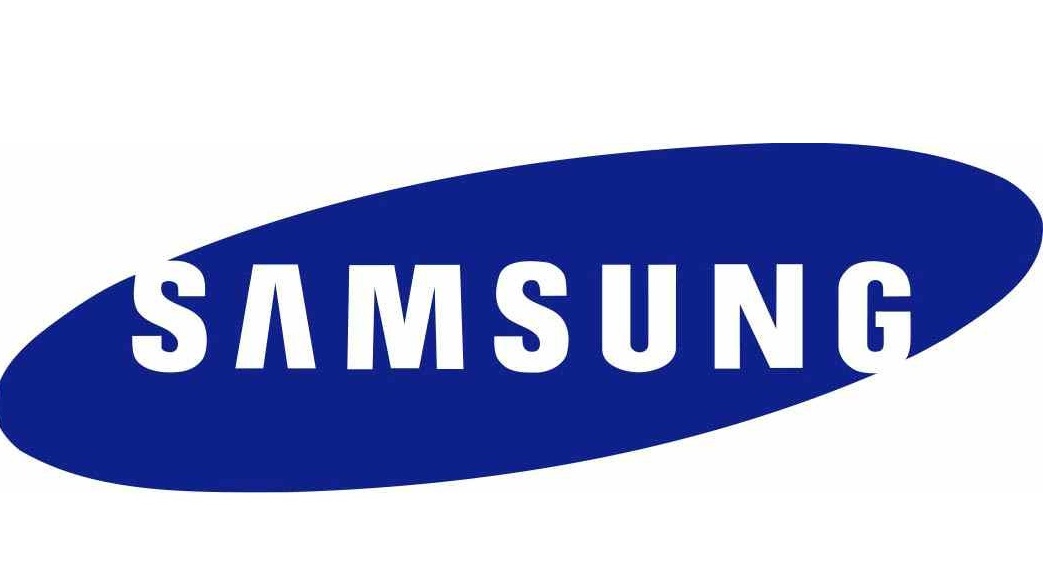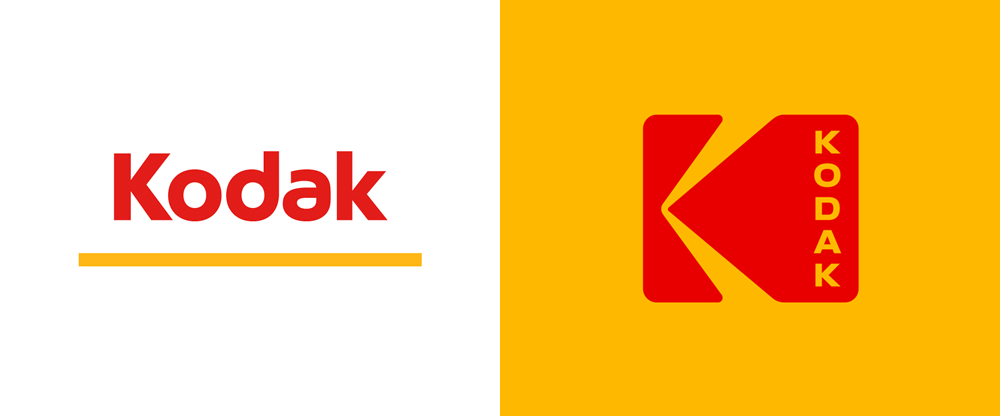If you’re reading this guide, you’re probably already wondering how to choose a domain name for your eCommerce website. Maybe you’ve just started thinking of names, or maybe you already have one in mind but don’t know if it’s the right one. Either way, you know that choosing a domain name for your business isn’t easy.
There are an estimated 300 million companies in the world, ranging from as big as Apple and Google to as small as a single person. Add to that the importance of branding and it’s easy to see why it’s so hard to find the right domain name for your eCommerce website.
Several factors go into choosing a brand and domain name: your goals, vision, sales channel, etc. So, before trying to find the right domain name for your eCommerce website, you first need to understand what the big brands have done to be successful.
All brand names fall under one of seven categories.
1. Eponymous names
An eponymous brand is named after the company’s founder(s), usually to honor their heritage and legacy. These brand names are unique and often have a long history behind them, so they require serious marketing to build equity and brand awareness.
2. Descriptive names
As the name suggests, descriptive brands describe what the company sells. A lot of eCommerce startups today fall into this category. The advantage of descriptive brand names is discoverability in online marketing, but the drawback is an inability to diversify as the company grows.
3. Acronymic names
Acronymic brands are shorthands for descriptive company names. Some are strategic, but most are hard to remember and require great marketing efforts to build equity.
4. Suggestive names
Real
Real brand names are words you can find in the dictionary. They’re meant to hint at the attributes and bold ambitions of the company. However, in today’s world of 300 million companies, it may be hard to find a real-word brand name that isn’t already taken.
Invented
An alternative to finding a real word for your brand name is to make one up. Some companies tweak real English words into unique invented names, which can be highly memorable with the right phonetics.
Composite
Another alternative to using a real word is to combine words into a composite brand name. While each word by itself may not convey the attributes of the company, together they’re descriptive, making the name much more memorable.
5. Associative names
Associative brand names convey imagery about the company. For example, Amazon is named after one of the world’s largest rivers, and is indeed one of the world’s largest online retailers, with a huge selection of clothes, books, apparels, and much more.
6. Non-English names
Some brands are named after non-English words. These are usually from the company’s country of origin and are often unique and memorable.
7. Abstract names
Abstract names have no meaning. Instead, they rely on phonetics to create a powerful and memorable brand name.
What’s the right domain name for your eCommerce website?
Now that you have an idea of how big companies name their brands, it’s time to ask what your goals are for your business. Keep in mind that the best brand names stand for big ideas. They have emotional appeal and convey the company’s long-term vision.
While choosing a domain name for your eCommerce website, think about how you’ll promote your business so you can get your priorities straight. Should your brand name be discoverable, unique, or a mix of both? To help you decide, we’ll go over each one.
Discoverability
Discoverable domain names are made up of searchable keywords related to the company’s products. These are great for driving organic traffic, which is especially important for eCommerce businesses. However, it can be tough to get a purely discoverable domain name as most keywords are already taken.
Ideally, your domain name should be your brand name, but depending on which type of brand name you chose for your business, the domain may not be available. In that case, you can try tweaking the name with a few high-volume keywords to get a discoverable domain that will gain more organic traffic in the long run.
Example: natural-skincare-product.com
Uniqueness (Branding)
Unique domain names are eponymous, associative, or suggestive without describing the company’s products. Most eCommerce businesses don’t choose this type of domain because it lacks product-related keywords, meaning more marketing is required to communicate what the company sells.
Example: Nykaa.com (a multi-brand beauty retailer)
Mix of both
Many eCommerce businesses use domains with both discoverable and brandable words. Combining a discoverable keyword with a word that describes the brand’s personality creates a catchy and memorable domain name.
To come up with a mixed domain name, start by listing all high-volume keywords related to your business, then choose one and pair it with a word that describes your brand’s personality.
Example: Foodpanda.in
Other types of domain name
Affix names
Affix brand names are simply a suffix or prefix attached to a keyword. This is a very common branding method that maintains the character of the brand.
Example: Duracell
Compound names
Compound names use two or more words that describe the brand.
Example: Netmeds.com
Tweaked names
Tweaked names are words with letters added and/or removed to change the spelling, creating a catchier-sounding name.
Example: Xero Shoes
No matter which type of name you choose, there are a few key factors it must include to give your business a strategic advantage. Keep these in mind when choosing a domain name for your eCommerce website:
Easy to read and type – Domains with three or fewer words are easier to read and type.
Short – Keep your domain name under 15 characters.
Appropriate domain extension – Once you choose your domain name, it’s best to try to get it with the .com extension. However, sometimes .com domains are already taken or just too expensive. If you can’t get a .com domain but are really serious about the name you chose, consider using a country extension instead (e.g. .in for a business based in India).
Avoid hyphens and numbers – People don’t usually like to type hyphens or numbers when searching for websites on Google. Try not to use these in your domain name as they may lower your SEO and cost you valuable organic traffic.
Avoid words with alternate spellings – Some words are spelled differently in British and American English (e.g. colour/color and analyse/analyze). Avoid using these words in your domain name as they may cost you organic traffic from people searching for the wrong spelling.
Ensure your brand name is not offensive – If you’re planning on using a non-English word in your domain name, do extensive research to make sure it doesn’t mean anything bad in another language. This is especially important if you plan to sell your products globally; you don’t want to accidentally offend an entire culture!
The right domain name for your eCommerce website should tick all the boxes
Choosing the right domain name for your eCommerce website is one of the most important decisions you’ll make for your business. Once you choose a domain, ask your friends and family what they think and take the time to consider their opinions.
Make sure your domain name is easy to read and remember, conveys what you want to sell, matches your brand’s personality, and appeals to your target audience. If it ticks all these boxes, go ahead and buy it. Once you have a domain name for your eCommerce website, you’re ready to start building your brand!









